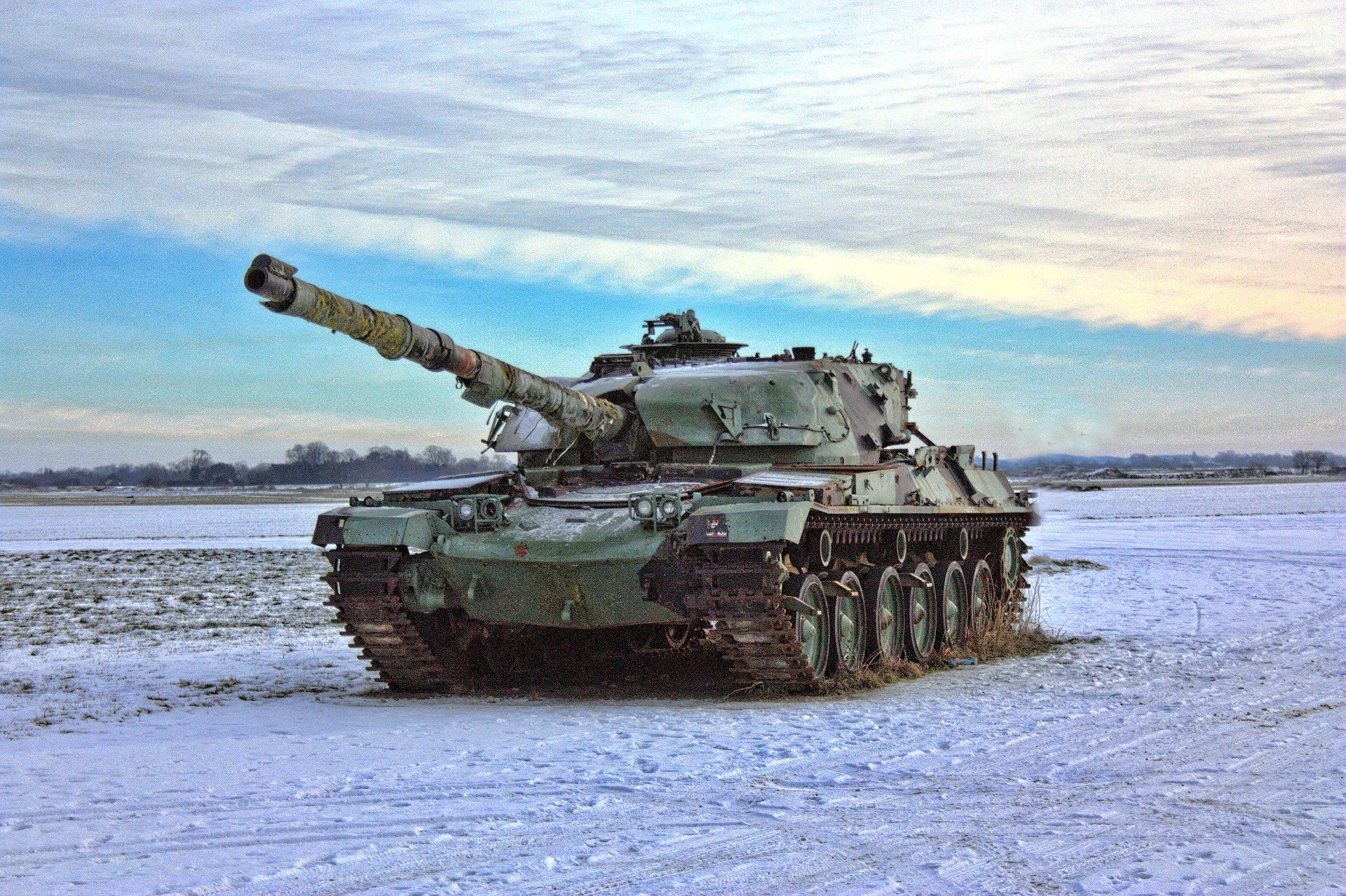Ken McDonagh (DCU)
In March, the EU was due to formally approve the new ‘Strategic Compass’. It was to mark the end of a two-year process, the latest in a series of incremental steps to match the EU’s potential with actual strategic capabilities. Events have over taken this process at an unprecedented pace since Russia’s invasion of Ukraine on Thursday, 24th of February 2022. The escalating sanctions announced by the EU coupled with €500 million in military and other assistance to Ukraine signals a new turn in the EU’s evolution as a security actor.
The Strategic Compass was based on a common threat analysis that identified both the short and long term dangers facing the EU. These included climate change, migration, hybrid war and regional instability. However, there was little in the draft strategic compass in November 2021 that suggested a major shift in the direction or capabilities of the EU to respond to these risks. Indeed, the draft threatened to not only fail to provide an adequate response to emerging threats but also to damage the EU’s real strengths as a normative power.
The last 48 hours have demonstrated that when faced with an existential risk, and there is no doubt that Russia’s war in Ukraine has the potential to escalate to that level, the EU is capable of a level of coordinated and effective action that was unthinkable even as late as last Thursday when several EU states were seeking carve outs and loopholes in the first sanctions package. What we have seen since then is a demonstration of the EU’s ability to achieve and surpass the objectives and goals of the Compass to act, secure, invest and partner in the realm of security.
The response to the inevitable refugee flows have also demonstrated that when motivated, the EU as a whole can respond with compassion and speed to migrants. This should be the norm not the exception for an organisation that cites its commitment to human rights and the rule of law with alacrity.
For Ireland, these events should provide an impetus to address the weaknesses in our defence capabilities identified in the recent Commission on the Defence Forces report. Yes, we have closed our airspace to Russian aircraft but in reality we have no options to respond to a violation or even an ability to know if one has occurred. Politically, our ‘constructive abstention’ on the issue of lethal military aid is a sticking plaster on the strains in our broader security policy. We need an urgent national discussion on what our response will be in the event of further escalation. Nothing should be off the table.
So if the EU is already capable of acting, securing, investing and partnering for strategic action it raises the question of where the strategic compass point should point next? Does the fact that the EU has been able to respond quickly and effectively give the lie to the pessimism about the organisations capabilities and resolve? Or is it the case the crisis will act as a watershed that will enhance both the legitimacy and effectiveness of coordinated EU action in the security sphere?
We’ve already seen major shifts in national policy – Germany’s commitment to increased defence spending, neutral Sweden providing military aid directly to Ukraine, Finland considering NATO membership – that signal the changes of the last two days will have long term consequences. Much will depend on the course of the conflict and whether the current resolve is maintained when the economic impact of the sanctions and other measures are felt in the EU. The EU must also not lose sight of the fact that its real strength is in removing barriers not erecting them. This crisis too will pass and the aftermath will require the same leaps of imagination and empathy that started the path to European integration after the Second World War. This crisis may be the perfect storm to push the EU to end its wandering, set its course and live up to both its potential and responsibilities in the region and to the world.
Kenneth McDonagh is Associate Professor of International Relations and Head of the School of Law and Government. He was the Associate Dean for Teaching and Learning in the Faculty of Humanities and Social Sciences from 2019-2021. His research is focused on EU Foreign Policy and Common Security and Defence Policy, the role of small states in CSDP, and the gendered impact of CSDP missions.
The views expressed in this blog reflect the position of the author and not necessarily that of the Brexit Institute Blog.



